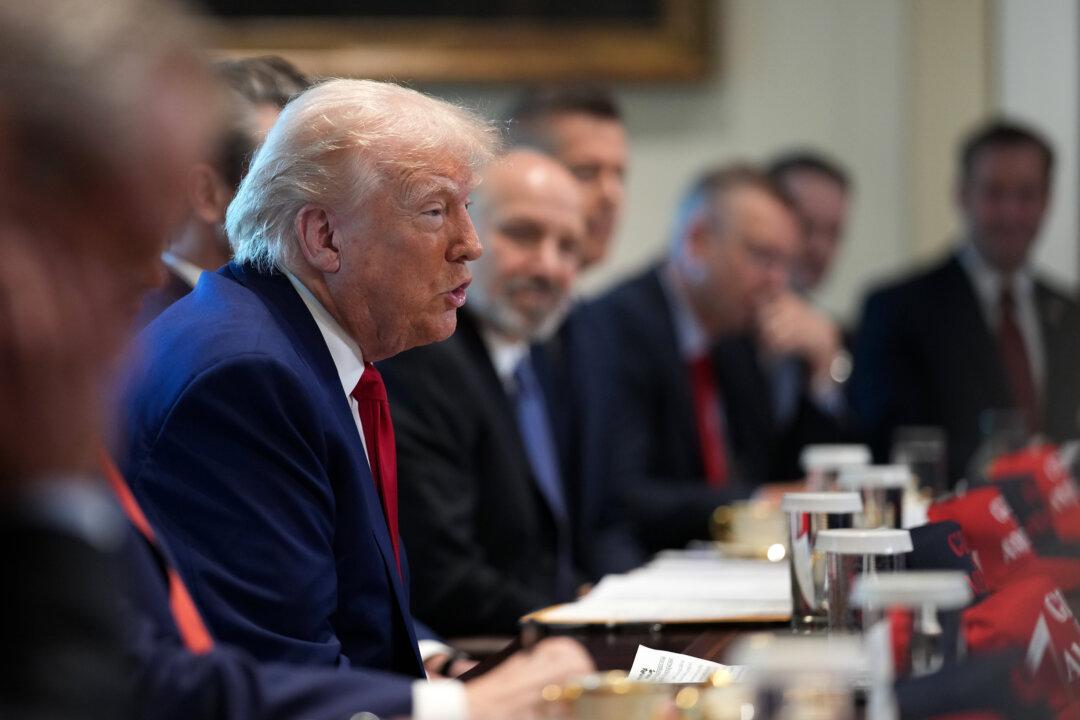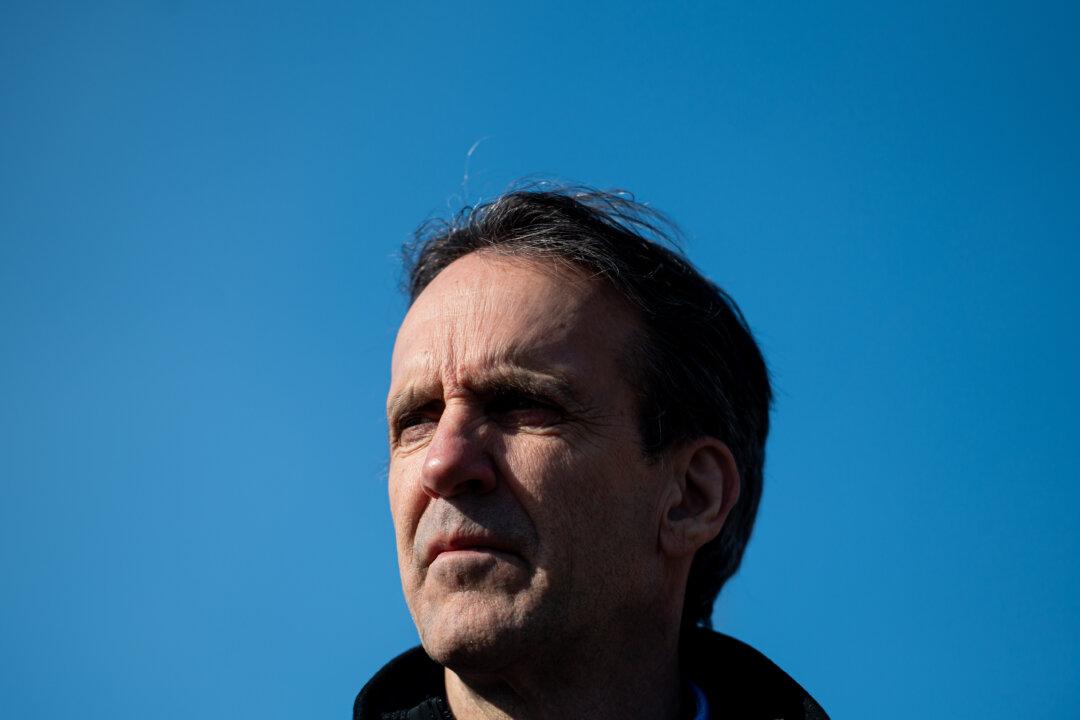U.S. President Donald Trump says he plans to meet with Prime Minister Mark Carney “very shortly,” and remarked that the Liberal Party leader “hated Trump” less than Conservative Leader Pierre Poilievre.
“He’s a very nice gentleman, and he’s going to come to the White House very shortly, within the next week or less,” Trump said of Carney while speaking to reporters during a cabinet meeting on April 30.





